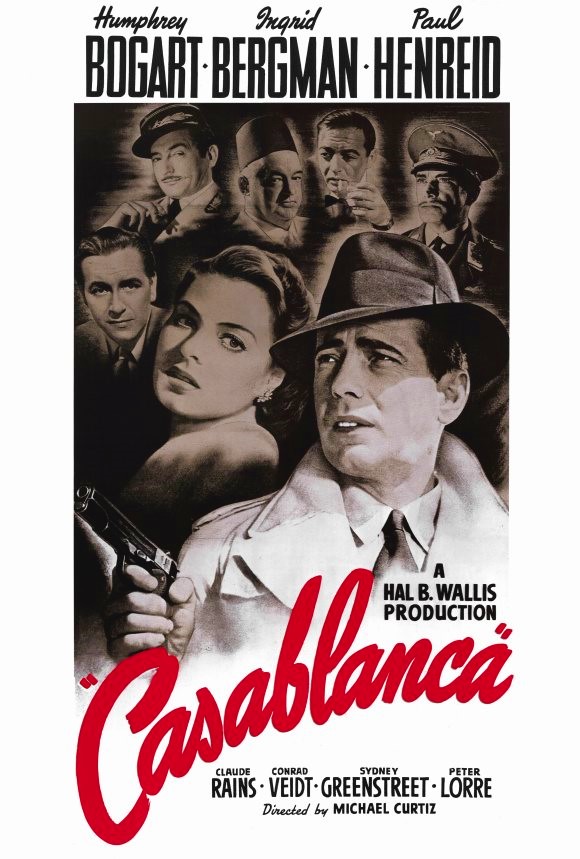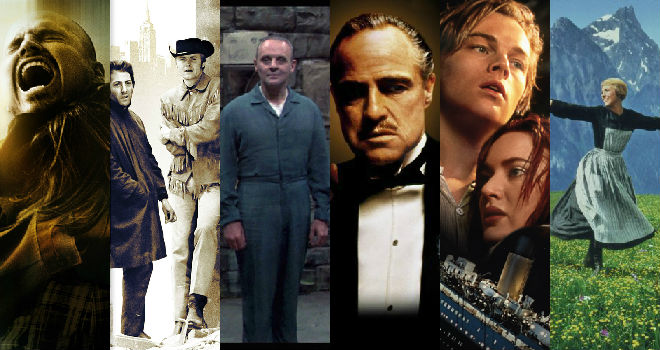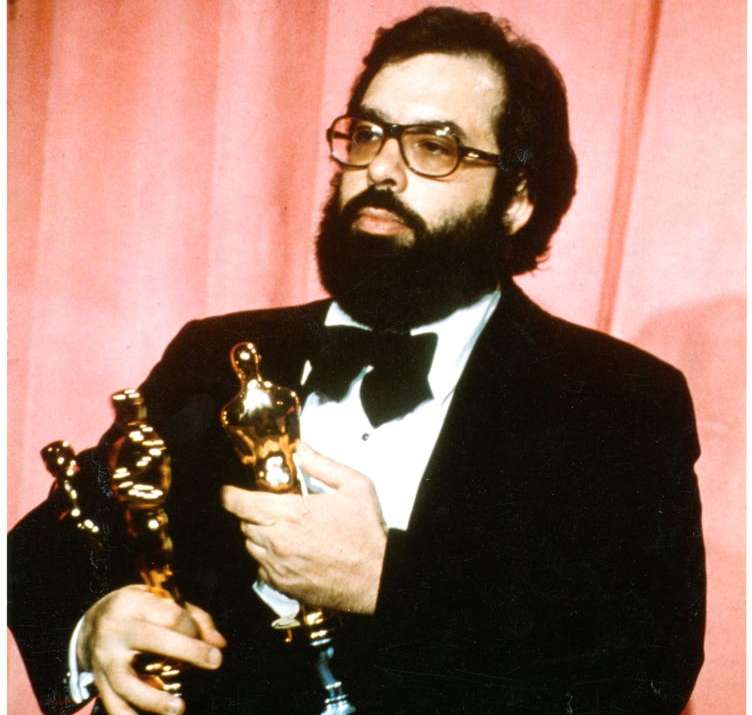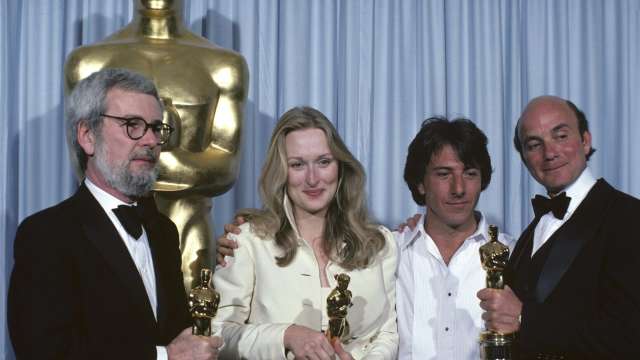MY TEN WORST BEST PICTURE WINNERS
And now, the end is near, and so I face some awful movies.
I ranked my Academy Award Best Picture winners by three criteria: Do I think it's good? Do I think it has or will last the test of time? Would I watch it again?
The following films pretty much fail in the last question, which is why they find themselves where I put them. To be fair, I cannot find that these ten films listed are particularly great films (and I am aware that at least two to three of them will get major pushback in the 'how could you put them as the WORSE' department). However, My List, and I make no apologies for thinking these are some weak to lousy movies.
I don't think any of them are worthy of being "Best Picture", even if some of them are not absolute horrors. I also think time has not been kind or will not be kind to some of them.
With that, let's begin.
10: Cimarron (1931)
Cimarron has exactly two positives: a wild opening recreation of the Oklahoma Land Rush that is still quite impressive and Irene Dunne in an early leading film role. Apart from that though, the first Western to win Best Picture is a boring, embarrassing mess. Adapted from Edna Furber's novel,
Cimarron is a slog to sit through. We have the shall-we-say 'vigorous' acting of Richard Dix as the curiously-named Yancey Cravat, and a story that feels longer and wider than the Oklahoma plains.
Cimarron is a film that is not remembered save for it being a Best Picture winner. I can't fathom why it won apart from its Land Rush sequence.
As if all that wasn't awful enough, there's the sole black character Isaiah. It's already awful when child actor Eugene Jackson's dying words on the screen are 'Massa'. However, when Dix's Yancey tells Isaiah that once they settle in Oklahoma, he can eat all the watermelon he wants, it's still cringe-inducing.
09: A Beautiful Mind (2001)
A Beautiful Mind is constantly held up as an 'inspirational biopic', but in reality it's almost a fantasy. The whole film gives a deliberately false idea of Dr. John Nash's life. It leaves out his potential antisemitism, his potential bisexuality, his illegitimate child, his divorce from Alicia Nash and that Alicia Nash was El Salvadoran. That last one is to my mind the most curious; given how often people are up in arms about 'whitewashing' fictional characters no one bats an eye when a real-life figure is switched from Hispanic to WASP. Putting all that aside we have
A Beautiful Mind's stubborn insistence on portraying itself as almost a spy film versus what should be a serious exploration of a man's descent into a mental breakdown. Even if all that could be overlooked, not the fact that
A Beautiful Mind is quite dull and rote.
08: The English Patient (1996)
I like to think of
The English Patient as
Out of Africa 2: The Revenge. Really, it's almost the same plot: rich and beautiful white people in an 'exotic' land lusting and loving as war comes creeping closer. As long as as empty as the Sahara,
The English Patient is the ultimate in faux-Oscar bait, all lush locales and foreign accents but hollow, slow, pretentious and just long, long, long. Apart from Juliette Binoche's performance (about the only one of its nine Oscar wins I won't argue against),
The English Patient is such a dull, coma-inducing film that I am completely in agreement with
Seinfeld's Elaine. I too screamed that 'the English patient' just die already, and was appalled I had another nine hours to go.
07: Birdman (2014)
Part of why
Birdman finds itself so low is because it is one of the more recent winners, so evaluating its longevity is hard to do. However, I do not think it will have much if any longevity. It's been only five years since
Birdman won Best Picture, but does anyone actually remember
Birdman? Does anyone actually still watch
Birdman? Does anyone even remember that it won Best Picture, let alone four Oscars in total?
Birdman strikes me as another film deliberately made to win awards but not made to be enjoyed. This take on an actor once known for a comic book hero but now fallen on hard times as he mounts a comeback had the 'gimmick' of looking as if it were done in one continuous take, which I figure pleased many as 'avant-garde' but which left me cold. Granted, 2014 had some terrible choices (really, Eddie Redmayne?) but
Birdman is a film that I genuinely cannot imagine people watching on a regular basis, let alone as a landmark in cinema.
06: Gentleman's Agreement (1947)
Long my standard for bad Best Picture winners,
Gentleman's Agreement is the height/depth of ponderous, pretentious, self-righteous 'message' movies that has aged extremely poorly. Here's a newsflash: antisemitism is bad. Our WASP hero is shocked, SHOCKED that EVERYONE in the world hates Jews and practices said intolerance so discreetly. Rather than get actual Jews to talk about their struggles with antisemitism, Gregory Peck, all moral outrage, decides to go 'undercover' for a damning exposé,
I Was a Jew for Six Months. Once he finishes said exposé, it ends up being
I Was a Jew for Eight Weeks. Wimp, he couldn't hack being Hebrew for another four months.
Personally, I wish they'd gone with my title choice for this damning exposé:
I Was a Teenage Rabbi, but there it is.
Everything about
Gentleman's Agreement was either dull or ridiculous: how EVERYONE around Peck was antisemitic except actual Jews or Celeste Holm's fellow journalist (again, her Best Supporting Actress being the only Oscar win for
Gentleman's Agreement with which I agree with). Heavy-handed and preachy,
Gentleman's Agreement had good intentions but a lousy delivery of said message.
No Worst Best Picture winner is complete without
Crash, a movie derided for being nominated let alone winning film's highest prize. As soon as Jack Nicholson announced it as the winner, apparently shocking even the usually unflappable Jack, the condemnations for selecting
Crash flew fast and furious. Exactly how large a role any potential homophobia played in
Crash winning over both the heavily-favored
Brokeback Mountain and/or
Capote can never be fully confirmed. A comment by Oscar-winner and Academy member Ernest Borgnine might explain some things. Appalled at the 'gay cowboy' movie and , Borgine reportedly said, "If John Wayne were alive, he'd roll over in his grave", the illogic of that statement escaping Marty.
Crash shares a similarity with
Gentleman's Agreement except that instead of antisemitism,
Crash makes the case that EVERYONE is racist.
Crash is not a film. It's a series of pompous speeches about racism, convinced that it is 'bold' and 'courageous' but going beyond pretentious to almost incomprehensible. The cascading characters 'crashing' into each other is already beyond believable, but that such a thing should happen in a city as massive as Los Angeles is laughable. Apart from Matt Dillon every performance is so comical or over-the-top that it's cringe-inducing.
Crash genuinely has no place among Best Picture nominees, and its ranking among genuine cinematic masterpieces will be a continuing source of embarrassment for the Academy.
Oh dear, here is where I commit my bit of cinematic blasphemy. I "know"
No Country for Old Men is held in high regard, as this turning point in cinematic if not human history. I am told repeatedly how the entirety of Western Civilization will mark time as pre-
No Country for Old Men and post-
No Country for Old Men. I "know" that
No Country for Old Men is something to worship, but if so, call me a blasphemer and heretic.
I found
No Country for Old Men boring, pretentious, slow. I was not the only one who saw it this way. Not one person I know personally has anything good to say about
No Country for Old Men. When I saw it in theaters, two couples walked out, two other couples were dead asleep when the credits started and at that moment one woman stood up and shouted, "
I WANT MY MONEY BACK!". For a film that is held as this landmark in cinema, I can't find anyone outside film intelligentsia that actually likes
No Country for Old Men, let alone thinks it brilliant.
I never cared for anyone or anything in this nihilistic nightmare, and there isn't enough money to pay me to sit through this again. It was already hard enough to have to watch it again for the Best Picture Retrospective, but for those who genuinely enjoy
No Country for Old Men, I will pray for you.
I do have one question that perhaps those who adore
No Country for Old Men can answer. How is it plausible that a police officer is brutally murdered
in Texas and there is no manhunt outside a broken-down old sheriff? The Texas that I live in would have broken out state troopers, constables, county sheriffs and local police to track Anton Chigurh down. Hell, my heavily-armed neighbors would have gone hunting after Anton without prompting. Therefore, how is it that no one cares about the poor deputy strangled because for some reason there are no jail cells to stick our deranged Prince Valiant in?
At least I found another movie I hated more than
No Country for Old Men. Still known as 'the movie where a woman f***s a fish',
The Shape of Water might outdo
Gentleman's Agreement in wokeness. A mute character! A black female character! A gay character! I'm genuinely surprised the lead wasn't a gay, black female mute who masturbates to an egg timer. I'm just thrilled that whatever social commentary
The Shape of Water drowned itself in flew over me.
Also, she has sex with a fish.
OK, a fish-like creature, but interspecies coitus does not strike me as something grand, let alone remotely entertaining. The more I think on it, the more
The Shape of Water is a film that will be loved in certain circles, but for those who watch films for reasons other than esoteric inspiration they will find themselves bored to slightly repulsed at this.
Call it
Grinding Nemo, call it
The Creature From the Blue Lagoon, call it
Fifty Fins of Grey (the last two my own creations). For better or worse, whatever qualities it may have,
The Shape of Water will be known as 'the one where she f***s a fish', and while it's far too early to see if it will stand the test of time, I'm not betting on it.
Also, she has sex with a fish.
I don't think anyone actually watches
Out of Africa. I think they endure
Out of Africa. This is genuinely one of the worst films to win Best Picture because it is so inflated on so many levels. It's inflated in its running time. It's inflated in its performances. It's inflated in its faux-epic scope.
Out of Africa is the perfect cure for insomnia. I really don't know anyone who has managed to sit through it without falling asleep at least once at it.
From Danish tramps going on and on about how "I had a farm in Africa..." to some shockingly awful visual effects (that allegedly romantic flight across the savanna and the Danish winter were so obviously green-screen that even in 1985 it looked embarrassingly fake),
Out of Africa has a veneer of 'romance' that is anything but. The only positive
Out of Africa has is John Barry's majestic score. Apart from the Academy was
Out of Its Mind when voting for
Out of Africa for anything else.
Out of Africa hoodwinked Academy members into thinking it was a sweeping romance, a throwback to epic films of yesteryear. Granted, some Academy members probably knew Isak Dinisen, Baroness Karen Blixen personally, if not slept with her themselves as she screwed her way across Kenya.
Out of Africa is such a snoozefest.
Cavalcade meets all the criteria for being the Worst Best Picture Winner of all time.
Is it a good movie? No.
Cavalcade is slow, boring, theatrical in its acting, looking like a filmed play. The story is dull, the performances nonexistent, the pacing so slow that glaciers can outrun it.
Has it stood the test of time? No. No one remembers
Cavalcade. Has anyone even actually heard of
Cavalcade, let alone know it won Best Picture? Again, Cavalcade is a film that if remembered at all, it is for having won Best Picture.
Cavalcade is not a film for the ages. It wasn't even a film for 1933. Clunky and dull,
Cavalcade is anything but.
Would I watch it again? Hell to the No.
Cavalcade is so awful on every level I wouldn't show it to my worst enemy.
Cavalcade qualifies as a genuine war crime or instrument of torture.
Cavalcade is more than just the worst Best Picture Winner of All Time.
Cavalcade may be among the Worst Pictures Ever Made.
As it fails on every level,
Cavalcade will always rank as My Number One Worst Best Picture Winner of All Time. I don't foresee any other film besting it. For all the rage Film Twitter still holds against
Green Book, they will instantly love it if they had to sit and watch
Cavalcade instead.
Next time, the Complete Rankings for all 91 Best Picture Winners.

_poster.jpg)



.jpg)
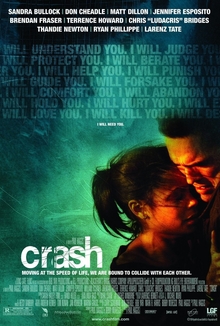

.png)


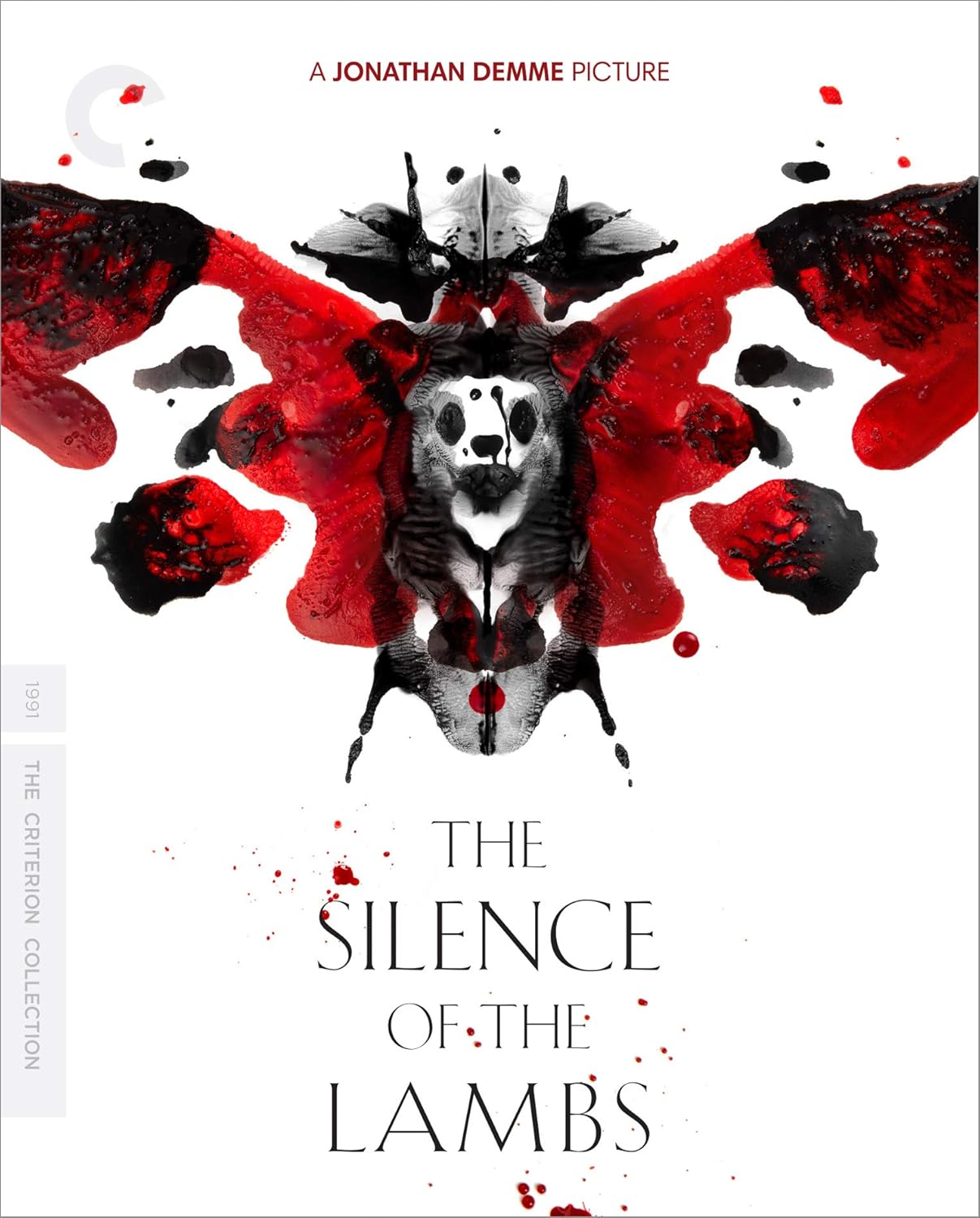
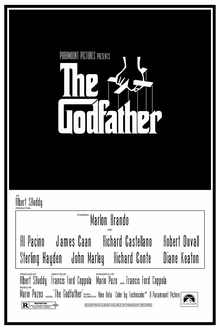

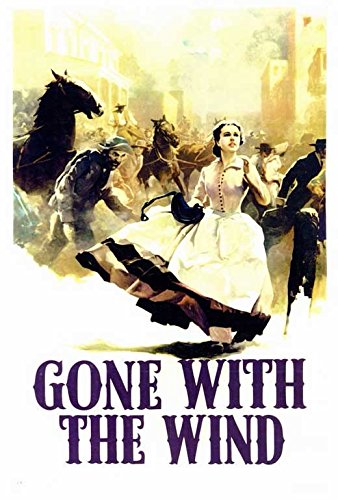
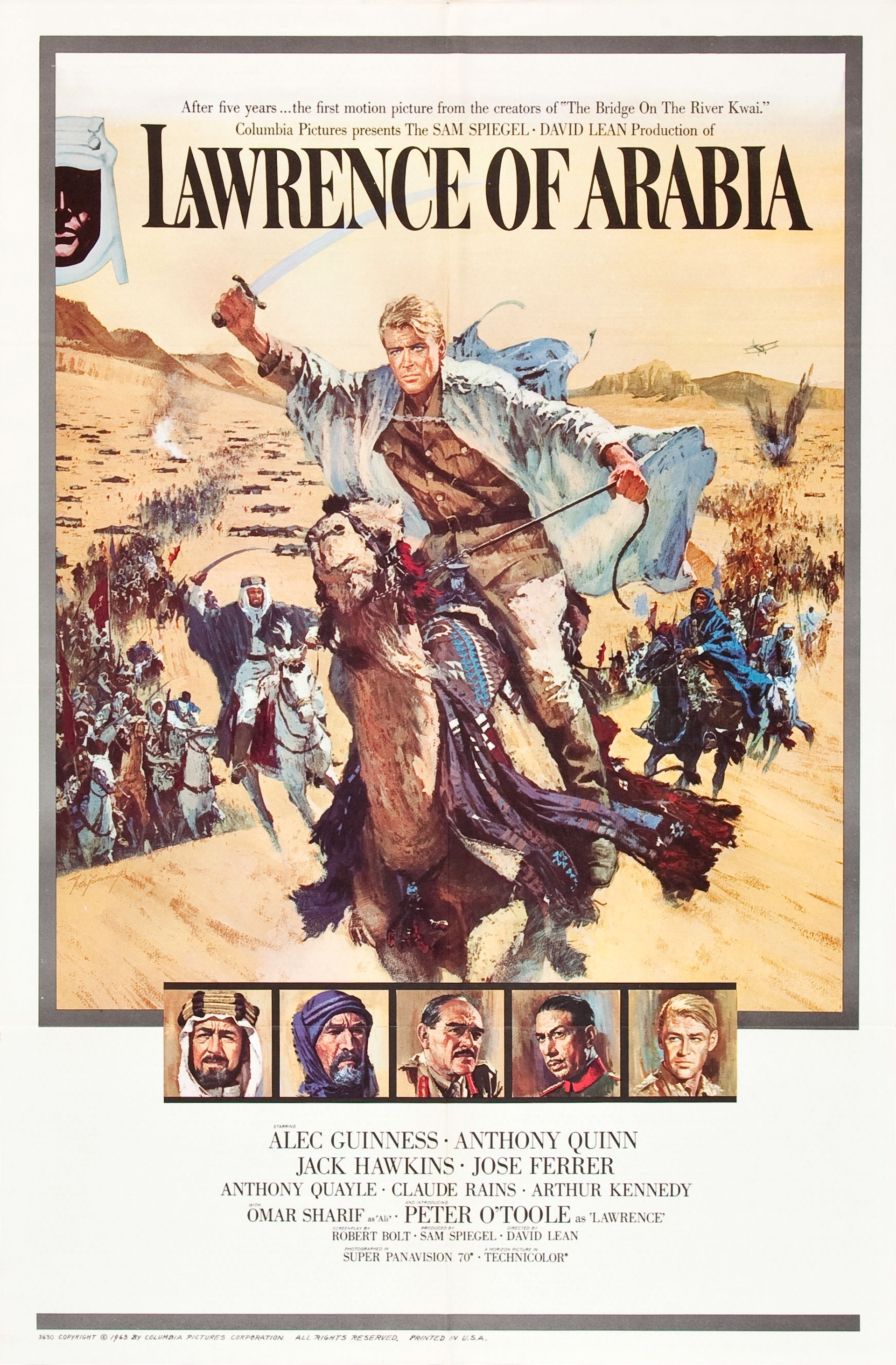
_poster.jpg)



